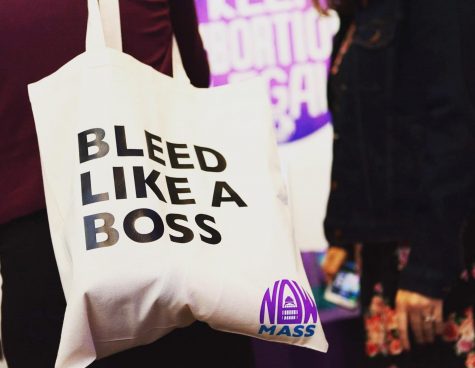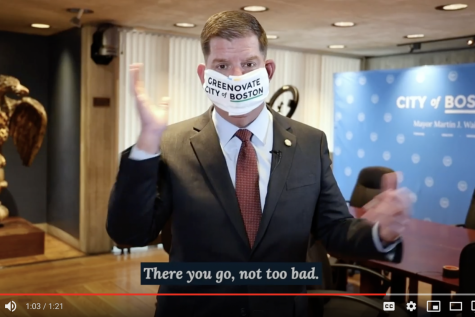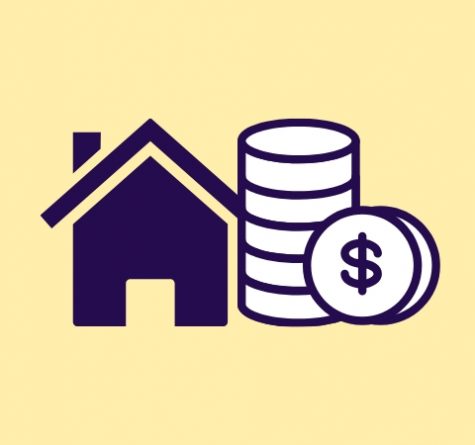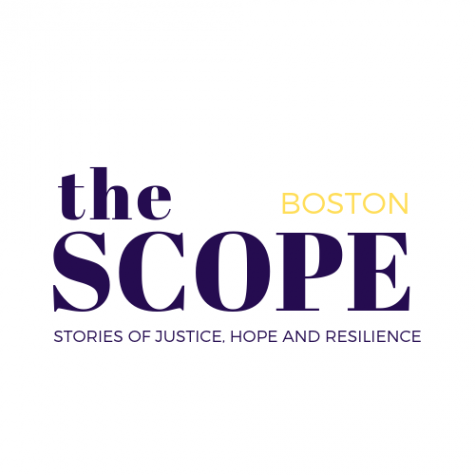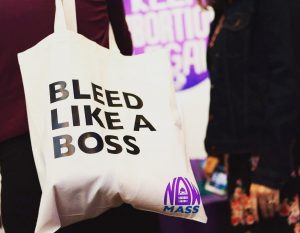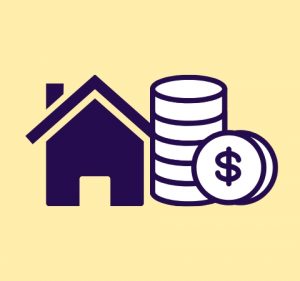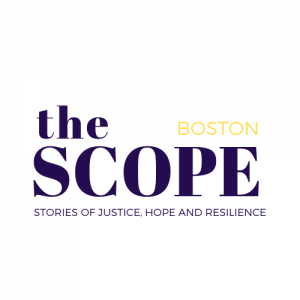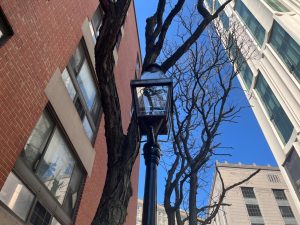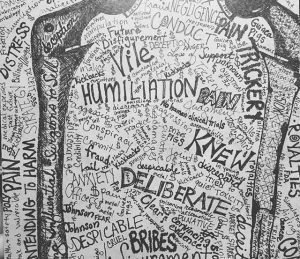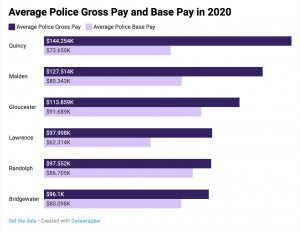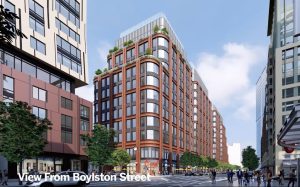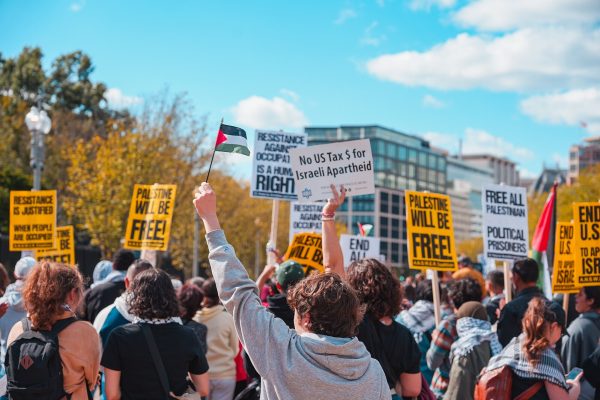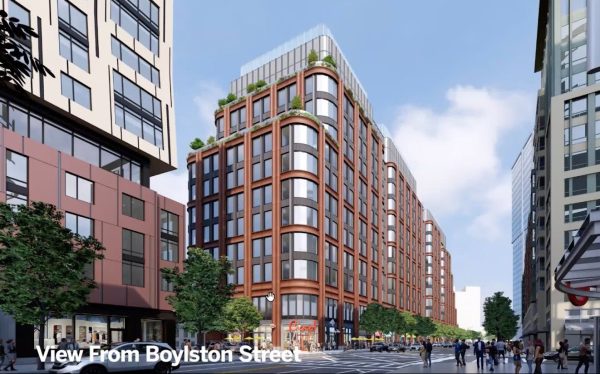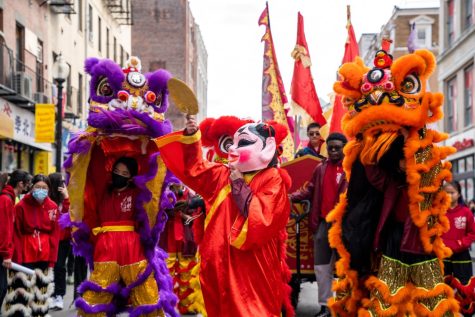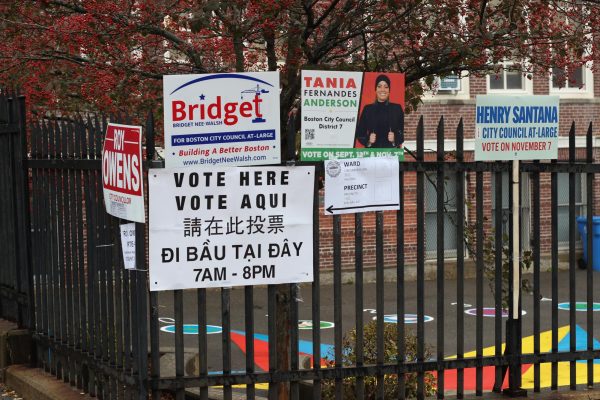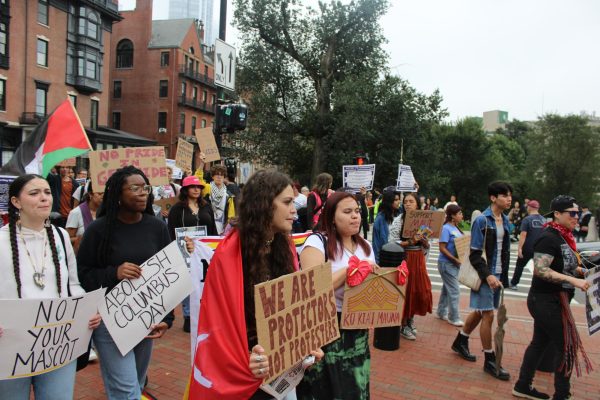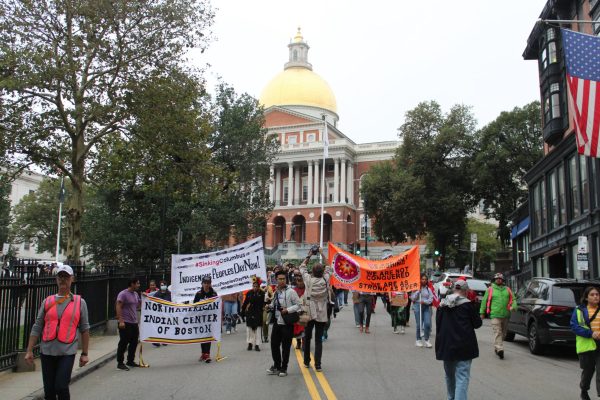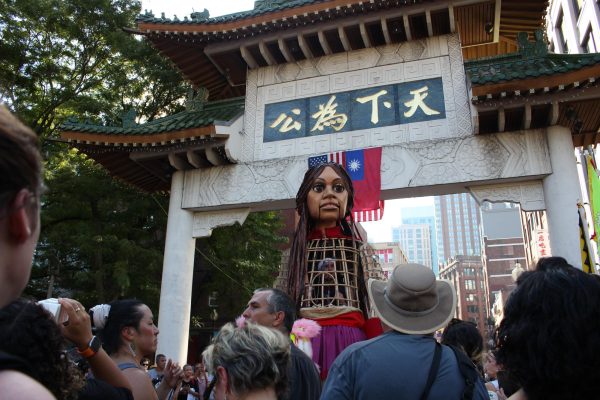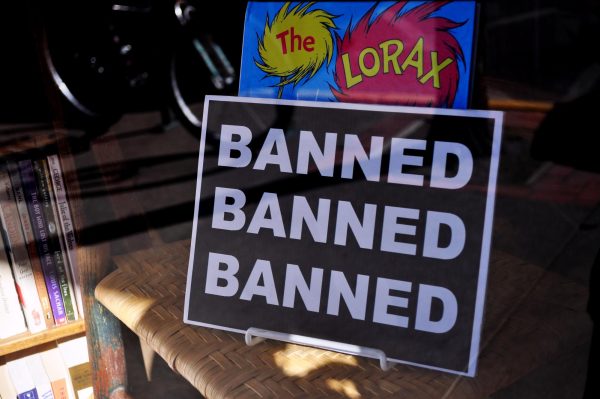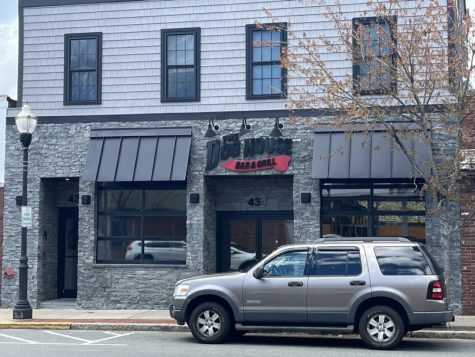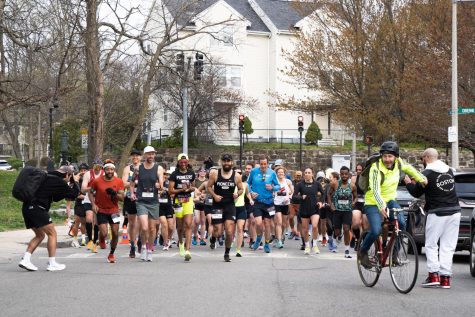New state map of high, moderate, and low risk communities for COVID-19
August 11, 2020
Governor Charlie Baker announced Tuesday the designation of a city or town as a higher risk, moderate risk, or lower risk community based on the average daily cases per 100,000 residents. Thirty three of the state’s 351 cities and towns are at moderate or high risk.
Cities or towns designated as having higher risk have a high level of COVID infection and will receive additional support from the state to tackle the spread of the virus, according to a press release from the governor’s office.
Average daily cases will be updated and included in the Department of Public Health’s weekly public health dashboard, published each Wednesday.
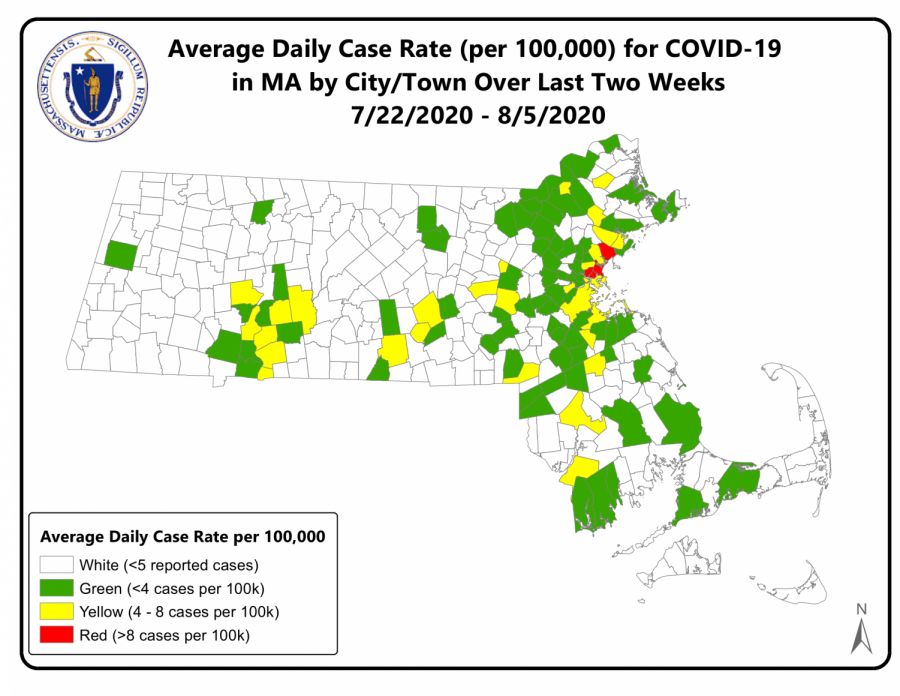
Massachusetts has seen an overall decline in COVID-19 cases since May, however, in recent days, there has been an uptick in some communities. As of Monday, Massachusetts has a total of 112,673 confirmed cases and 8,741 deaths from of COVID-19.
Last week, Baker announced a COVID Enforcement and Intervention Team that will be ramping up enforcement statewide and coordinating intervention efforts in communities with higher risks for COVID-19.
Statewide Enforcement and Intervention supports include:
-
Targeted interventions and inspections by a range of member agencies, including Local Services, Labor Standards, Department of Public Health, the Massachusetts State Police, and the Alcoholic Beverages Control Commission.
-
Increased enforcement, including fines, of sector guidance for businesses to ensure businesses and residents are aware of and following COVID-19 orders.
-
Cease and desist orders for businesses and organizations in violation of the orders.
-
Support for the Alcoholic Beverages Control Commission and local licensing boards in exercising their authority to fine restaurants or suspend or cancel liquor licenses when restaurants do not comply with required COVID-19 safety measures or sanitation codes.
-
Public messaging to alert residents of higher risk communities.
-
Technical support to local government officials for enhanced local COVID-19 prevention efforts such as assistance in accessing CARES Act funding.
-
Potential restrictions or shutdowns for parks, playgrounds, businesses or other entities and locations believed to be contributing to the COVID-19 spread in higher risk COVID-19 communities.
-
Additional public health support such as testing, tracing and quarantining.


